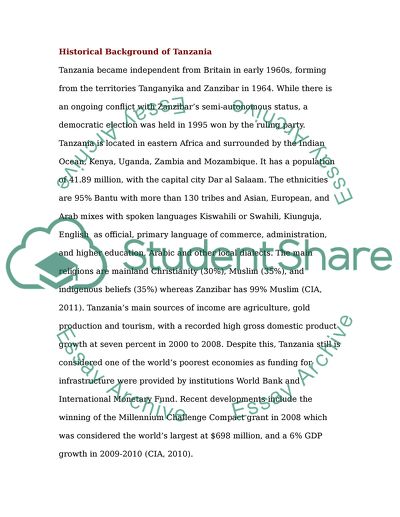Cite this document
(“Conducting International Business in Tanzania: Possibilities for Essay”, n.d.)
Retrieved from https://studentshare.org/environmental-studies/1405625-conducting-international-business-in-tanzania-possibilities-for-organiz-flavoured-drink
Retrieved from https://studentshare.org/environmental-studies/1405625-conducting-international-business-in-tanzania-possibilities-for-organiz-flavoured-drink
(Conducting International Business in Tanzania: Possibilities for Essay)
https://studentshare.org/environmental-studies/1405625-conducting-international-business-in-tanzania-possibilities-for-organiz-flavoured-drink.
https://studentshare.org/environmental-studies/1405625-conducting-international-business-in-tanzania-possibilities-for-organiz-flavoured-drink.
“Conducting International Business in Tanzania: Possibilities for Essay”, n.d. https://studentshare.org/environmental-studies/1405625-conducting-international-business-in-tanzania-possibilities-for-organiz-flavoured-drink.


